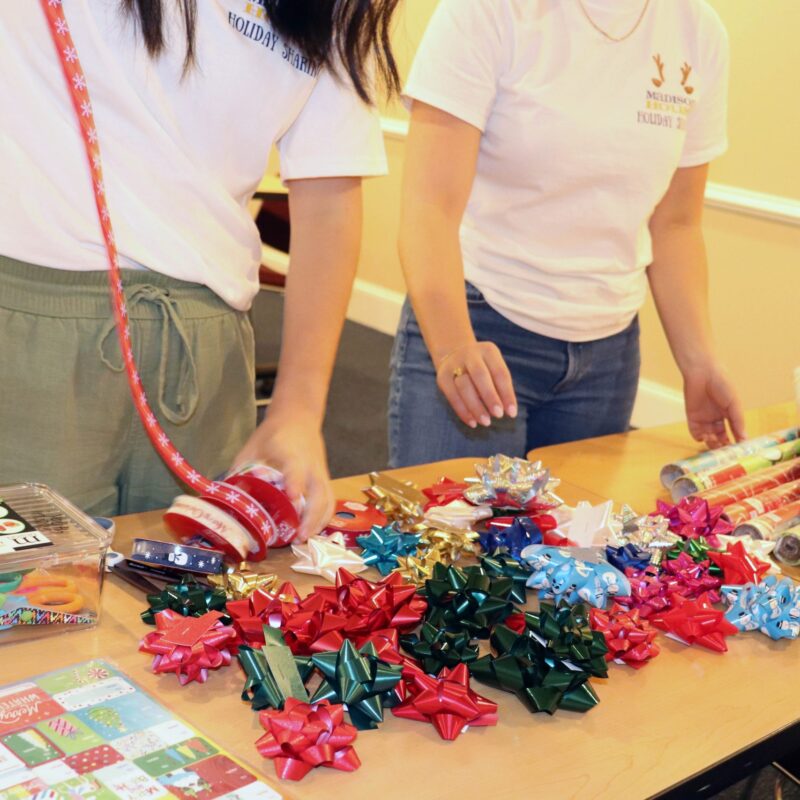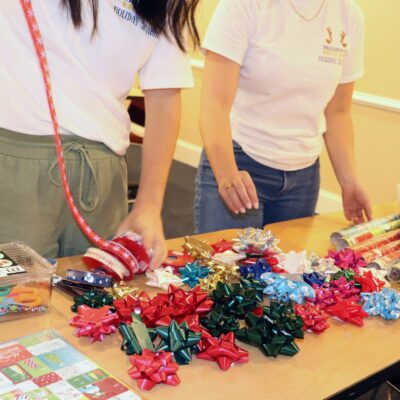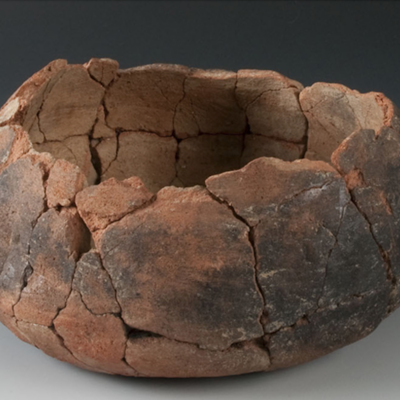By Amelia Delphos
On Tuesday, UVA released a six-minute video in which President Jim Ryan once again attempted to lay down the law, unveiling a new set of COVID rules following upticks in cases in university housing. These new restrictions ban gatherings of more than five people, require wearing a mask at all times unless students are in their room, eating or drinking, and avoiding travel to and from Charlottesville for the next two weeks.
The new restrictions come after the rate of infection has spiked in freshman residence halls. Fourteen percent of those tested in Hancock dorm were positive for the disease, and Balz-Dobie, Kellogg, and Echols dorms have all been put on lockdown for mandatory testing at some point, though those lockdowns have now lifted.
Meanwhile, on Saturday, the UVA football team hosted Duke. Scott Stadium contained the socially distanced family and friends of players and coaching staff, as well as the two teams and their respective entourages, in accordance with Governor Ralph Northam’s Phase III requirement of 1,000 people or less at sports venues.
The team was able to win its fourth consecutive home opener for one reason: vigorous testing. Those familiar with game-day traditions know that the most influential player gets to “break the rock” in the locker room after the final whistle blows. On Saturday, Kelli Pugh, the team’s associate director of sports medicine, broke the rock. According to Head Coach Bronco Mendenhall, Pugh has been instrumental in keeping the team COVID-free since players returned in July.
The school administered 1,168 tests to athletes between September 21 and 27, finding 22 positives, the athletic department announced this week. Athletes have been tested almost 5,000 times since July. UVA’s COVID dashboard says that from September 20 to 26, 2,391 tests were administered to UVA faculty, staff, students, and contract employees. Thrice-weekly testing for athletes is required by the Atlantic Coast Conference.
According to one third-year resident advisor, an upperclassman who lives in first-year housing to support the younger students, first-years were told they could come to college to make new friends and build connections, but now have to navigate strict restrictions in order to do so. RAs have watched their first-years struggle as the school’s stated goals and actual actions have contradicted each other.
“I really empathize with them trying to build the social connections that they need just to be mentally healthy, while also being physically healthy,” says the RA.
The constant testing of athletes has frustrated a fourth-year RA who is living in a dorm with an outbreak. “Those tests for the athletes are not just being taken out of UVA, but they’re being taken out of the Charlottesville community,” he says.
In his COVID-infested dorm, the residents are only being tested once a week, whereas the athletes are tested three times a week. “Dorms are also a hot spot,” he says.
Many students were quick to point out the hypocrisy of a gathering of 1,000 people when student gatherings of greater than five were banned just days before.
“It creates a sense that the university is willing to play loose with safety,” the third-year RA says, “if it’s something that benefits [UVA] financially or gives it good PR.”





